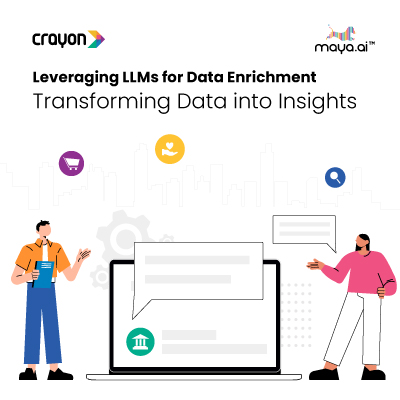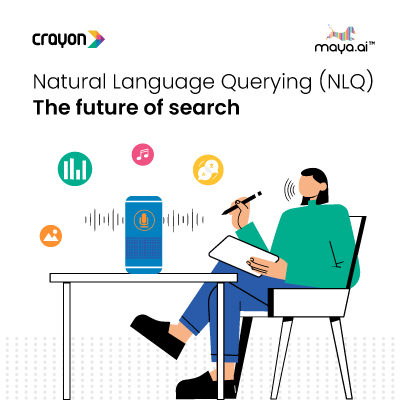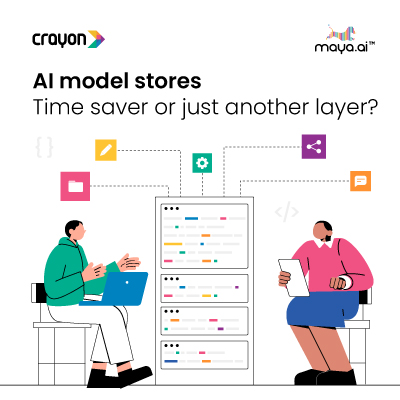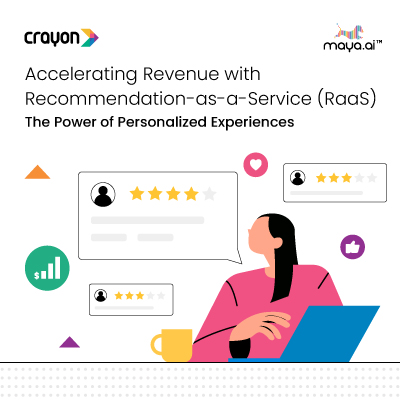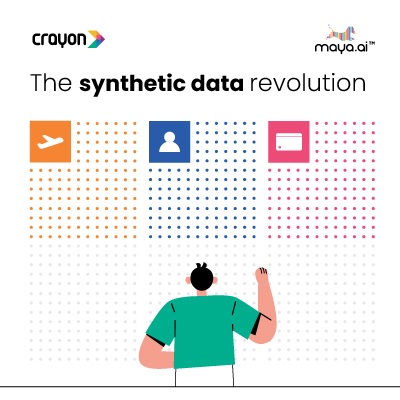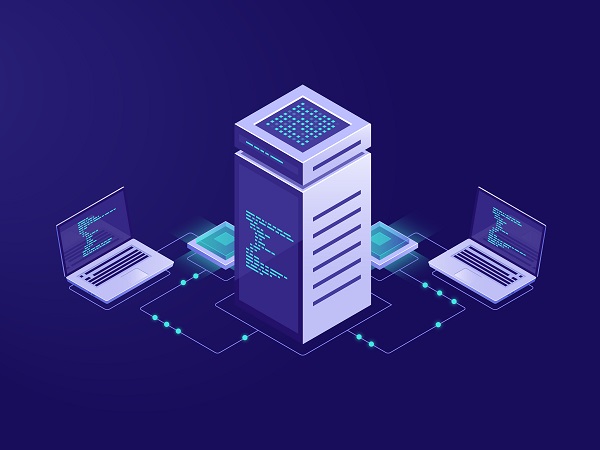Big data has become an indelible part of the modern technology scene. New technologies and public services increasingly rely on massive data sets, with much of the surveillance and tracking technology deployed to fight COVID-19 conspicuous in their use. Unfortunately, as explored in a recent journal published by Frontiers in Big Data, applications using big data (including blockchain) have been used for numerous illicit uses, including people trafficking and ransomware deployment. What’s interesting is that the analysis of big data can expose these trends – arguably, moving forward with a security focus will enable many big data industry firms to create a huge role for big data in tackling sophisticated digital crime.
The cutting edge
The shifting nature of the internet and the way technology has developed has necessitated a new approach to tackling digital crime. Nowhere is this shown better than the rising tide of ransomware; according to ZDNet, new research has shown ransomware to be the most common form of digital crime, with 18% of all incidents involving ransomware. With rising amounts of people using cryptocurrencies, the preferred form of currency used in ransomware attacks, this type of crime is becoming ever more lucrative and likely to succeed. Data privacy has never been more important; unfortunately, much of the technology that people enjoy adding to their day-to-day lives relies on using data, exposing them to risk.
The good news is that data itself can be used to safeguard against this threat. As several real-world example are showing, well monitored and legislation compliant data can be used preemptively to stop issues like ransomware gaining a foothold. Using big data to combat risk is proving fruitful.
Changing law
Exemplifying the use of big data in tackling cutting-edge digital crime is the European Union VALCRI project. Rolled out in 2018, it specializes in visual analysis of big datasets with the hope of pouring over giant data sets and completing laborious works. According to the EU and news outlets, including The Times of India, this has turned into a forensic tool that can look at detailed data sets and comb over details, using input from detectives and other professionals to provide guidelines on notable data points or trends.
Elsewhere, Forbes report that companies like Marinus Analytics and Giant Oak, who have provided technology that has saved thousands of trafficking victims, have turned their tools towards using big data to assess digital trends and prevent the crime from ever happening. By looking at who, where and how trafficking happens, they can put public health and policing into action in specific areas and prevent the problem from ever arising.
The privacy question
While law enforcement would likely enjoy having full access to all data sources, it remains that data privacy is the same as data security. When data is freely and openly produced without any controls, that means the data is out there in the public domain – making it easier for criminals to surreptitiously access. It stands to reason that ensuring that data privacy is the primary concern in any big data-led security solution is key.
COVID-19 has had a huge impact on how governmental authorities and police forces deal with data privacy. According to the Brookings Institute, there is massive potential for abuse. In countries like China, the authorities are using the data for mass surveillance and have stepped their efforts up a level. Elsewhere, in the EU and Australia, civil advocates are going to great lengths to prevent the abuse of their data. Safeguarding frameworks like GDPR are doing much to retain the privacy of data and install an ethos of only using it if absolutely necessary, or with the consent of users and destruction after the fact.
This indicates that while big data is crucial to preventing future crime, it can also be the source of it. To remain safe and to also fight crime in the manner described, it’s crucial that agencies put privacy at the forefront. Applying this holistic approach to data will be crucial to helping big data practices remain central to all of the good work going on in global law enforcement, and protect people for years to come.

